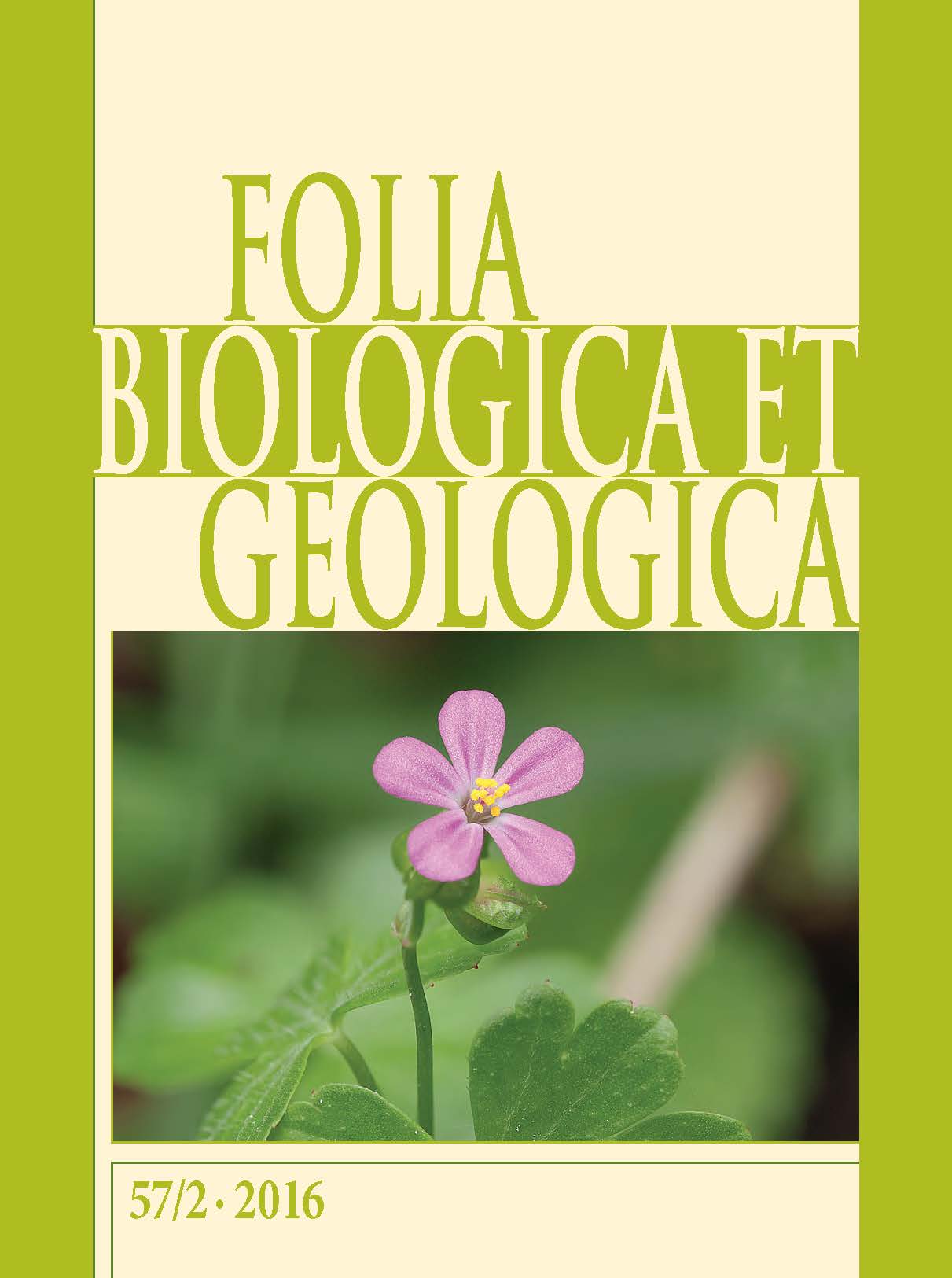Razvoj patentiranega brezpilotnega sistema za vzorčenje iz drevesnih krošenj / Development of a patented unmanned aerial vehicle based system for tree canopy sampling
DOI:
https://doi.org/10.3986/fbg0009Abstract
Potreba po vzorčenju v drevesnih krošnjah je prisotna v številnih panogah znotraj bioloških znanosti, npr. v gozdarstvu, botaniki, fitopatologiji idr. V tem prispevku smo pregledali značilnosti uveljavljenih načinov vzorčenja v drevesnih krošnjah in pregledali stanje tehnike na področju vzorčevalnikov nameščenih na brezpilotnih letalnikih. Predstavili smo patentiran sistem Lucanus za vzorčenje iz drevesnih krošenj z brezpilotnimi letalniki, ki je plod lastnega razvoja, in ga primerjali z uveljavljenimi načini vzorčenja in konkurenčnim sistemom vzorčenja z brezpilotnimi letalniki. Na podlagi primerjave smo ugotovili, da sistem Lucanus in koncept vzorčenja z brezpilotnimi letalniki v veliki meri odpravljata pomanjkljivosti uveljavljenih načinov vzorčenja iz drevesnih krošenj saj je njegova uporaba varnejša za vzorčevalca, vzorčenje je natančno, selektivno in hkrati ne povzroča nepotrebnih poškodb vzorčenih dreves. Ključne pomanjkljivosti sistema Lucanus so zahteva po visoki izurjenosti upravljalca in relativno kratka avtonomija.
Ključne besede: vzorčenje, drevesne krošnje, patent, drone, UAV, robotska roka, daljinsko upravljanje, EUFORINNO
Collection of samples in tree canopies is a common requirement within a variety of disciplines e.g., forestry, botany, phytopathology, etc. Established approaches to collecting samples in tree canopies and state of the art in the field of sampling in tree canopies with unmanned aerial vehicles (UAVs) were reviewed. A novel and patented UAV based sys- tem for sampling in tree canopies, Lucanus, was presented and its capabilities compared to the established sampling approaches and a competitive UAV based system. Based on this comparison it was concluded that Lucanus, and UAV based approach to sampling in tree canopies in general, largely overcomes the shortcomings of the established sampling approaches as it offers greater safety for the operator, increased selectivity and accuracy, and reduces the level of unnecessary damage of the sampled tree. Key shortcomings of the Lucanus system include the requirement for a highly trained operator and a relatively short endurance.
Key words: sampling, patent, tree canopy, drone, UAV, robotic arm, remotely controlled devices, EUFORINNO
Downloads
Published
Issue
Section
License
Copyright (c) 2017 Folia biologica et geologica

This work is licensed under a Creative Commons Attribution-ShareAlike 4.0 International License.





